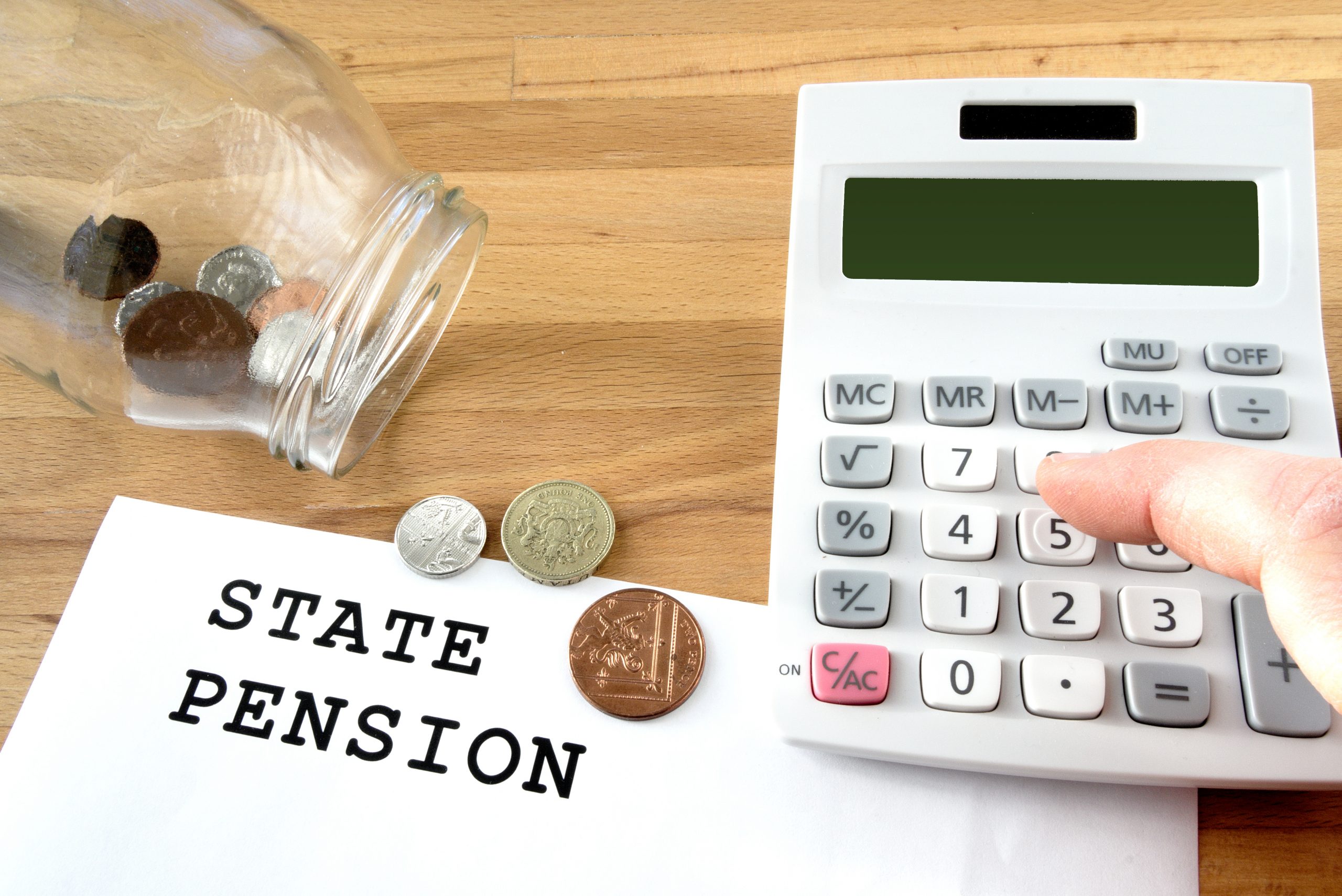News
Double digit state pension rise next year cast into doubt

The government is refusing to commit to the state pension triple lock which would see retirees’ income rise by an estimated 10% next year.
New Chancellor Jeremy Hunt – who only replaced Kwasi Kwarteng on Friday and was quick to rip up nearly every single tax cut announced in the disastrous mini Budget – has so far refused to commit to the pension triple lock.
And Prime Minister Liz Truss has also been non-committal on this pension policy.
Triple lock on the chopping block?
Under the pension triple lock mechanism, it guarantees the basic state pension will rise by the higher of average earnings, inflation or 2.5%.
As it’s based on the September inflation figure, retirees are in line to receive a double-digit state pension increase next year as this figure is expected to come in at 10%.
Just a few weeks ago, Truss backed the pension triple lock – a move set to cost £21bn over three years – and this was also one of her leadership contest pledges as she said she would reinstate it if she was named Conservative leader.
It came after the divisive policy was ditched for April 2022 (breaking the 2019 Conservative manifesto) due to distortions created by the pandemic which would have seen retirees receive big increases in their retirement income.
However, in June 2022, the former chancellor, Rishi Sunak, defended his decision to reinstate the pension triple lock next year as inflation soars to a 40-year high and workers strike for higher pay to counter the effects of inflation.
As the government has undertaken several U-turns on policies in recent weeks and with a big fiscal black hole to plug, concerns are mounting that it could also do away with the pensions triple lock.
Double or triple lock?
Calculations by AJ Bell revealed that if inflation comes in at 10% for September and the triple lock is retained, the full flat-rate state pension, paid to those reaching state pension age from 6 April 2016, would increase from £185.15 per week to £203.65 per week from April next year. It would mean an annual income of £10,589.80 per year, the first time the state pension has breached the £10,000 mark.
For those in receipt of the basic state pension who reached state pension age before 6 April 2016, their income would increase from £141.85 per week to £156.05 per week.
If the government were to include a ‘double lock’ in favour of an earning-linked increase, this would put £4bn – £5bn back in its coffers. Based on earnings growth for the three months to July (5.5%), the full-flat rate state pension would rise to £195.35 per week – £8.30 per week (or £431.60 per year) less than a 10% inflation-linked increase.
The basic state pension would rise to £149.65 per week – £6.40 per week (or £332.80 per year) less than a 10% inflation-linked increase (all figures rounded to the nearest 5p).
Tom Selby, head of retirement policy at AJ Bell, said: “The state pension triple lock has proved a hugely divisive policy, lauded by those who argue it provides much-needed protection to retirees and criticised by others who warn it exacerbates intergenerational unfairness.
“However, in the midst of a brutal cost-of-living crisis, one thing is absolutely clear – it is extremely valuable to those in receipt of the state pension.
“In turn, the costs associated with maintaining the triple lock next year are likely to be eye-watering – which is undoubtedly the reason the UK’s latest Chancellor, Jeremy Hunt, is reluctant to commit to the policy. Once tomorrow’s inflation figure is published, the government will come under pressure to commit to the triple lock or announce an alternative plan for uprating the state pension in April next year.”